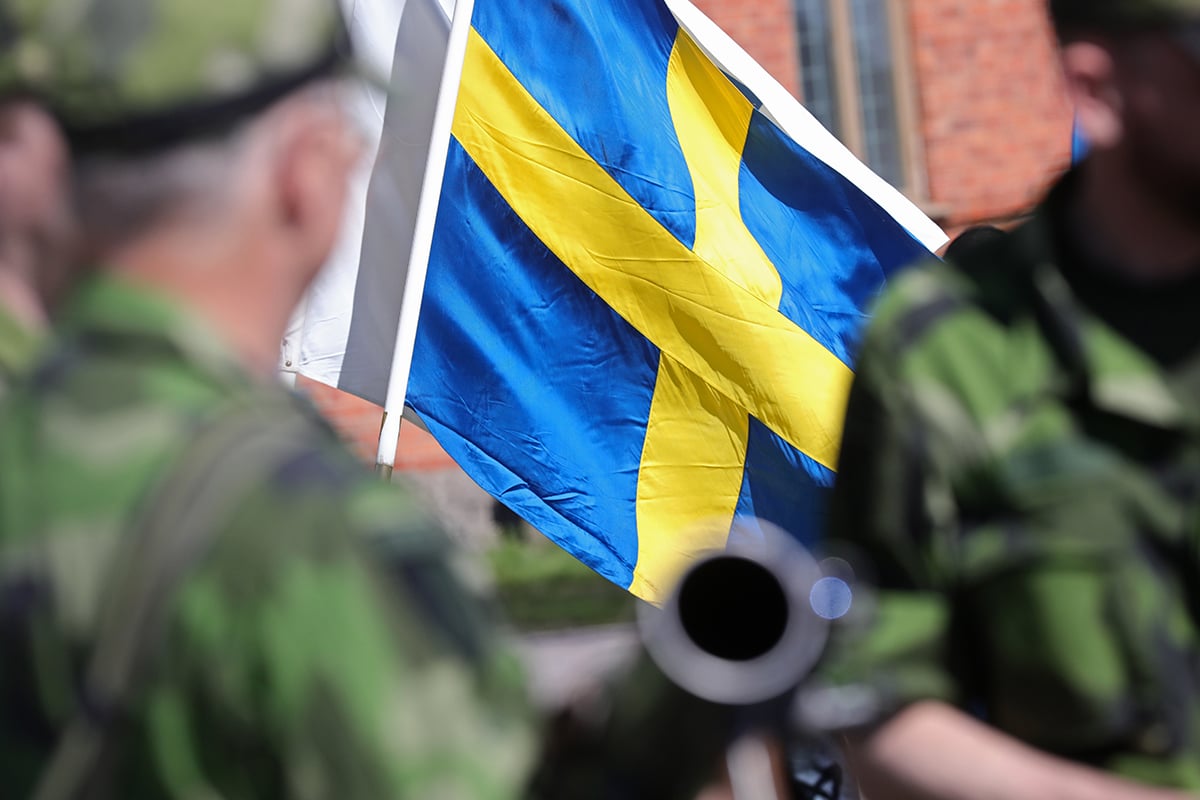Sweden’s Prime Minister Ulf Kristersson announced plans for the military to back the police in certain roles, addressing the alarming surge in gang-related crimes, marked by frequent shootings and bombings, that has rattled the nation.
The specifics of the collaboration between the military and the police will be laid out by the center-right government next Thursday. National Police Chief, Anders Thornberg, emphasized that the military personnel won’t undertake “direct” police functions.
This move to involve the military in domestic law enforcement is uncommon for Sweden, highlighting the gravity of the gang-related unrest that has led to multiple fatalities this month, affecting even teenagers and unintended victims.
“Police resources alone aren’t sufficient,” stated Kristersson after discussions with the leaders of the national police and armed forces.
While the Swedish military’s main focus remains on the Ukraine conflict, the Prime Minister pointed out that they could still support the national police in explosives expertise, aerial logistics, and strategic analysis, by the nation’s laws.
The spike in gang violence this September has been extraordinary, even as Sweden has faced such issues. A string of recent attacks, believed to be gang-affiliated, have resulted in multiple casualties. Many gangs exploit young individuals from marginalized immigrant communities for their operations.
The Prime Minister voiced his concerns about the urgent need to strengthen Sweden’s legislation to curb the induction of youth into criminal gangs, expressing optimism about obtaining parliamentary support for the required modifications.
The previous year witnessed over 60 shooting-related deaths in Sweden, marking an all-time high. Current trends suggest that this year might see similar or even higher figures. The current wave of aggression reportedly results from disputes among competing global criminal gangs.
As Sweden confronts this extraordinary surge in gang violence, the military’s involvement signifies a robust response from the government. With the hope of curbing the recruitment of vulnerable youth into criminal activities and tackling the immediate threats, the nation seeks to restore safety and peace for its citizens. Given the shared challenge of gang violence many countries face, it remains pivotal for the international community to observe and learn from Sweden’s strategies and outcomes.







